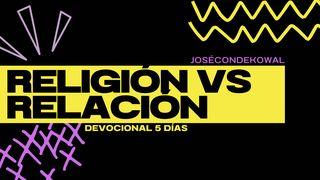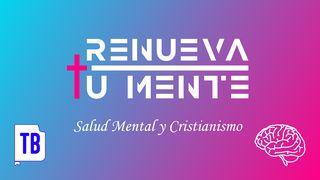Deliverance: A Study In ExodusMuestra

What does it say?
Moses and Aaron confronted Pharaoh asking him to let God’s people go. Pharaoh refused and made their life harder. Moses questioned why God sent him.
What does it mean?
The road to freedom was not going to be easy for the children of Israel. Pharaoh was more concerned with keeping them busy than releasing them to worship a God he didn’t even know. Rather than meet their request with approval, Pharaoh made their lives even more difficult. Moses had sought God’s help, but their circumstances became worse rather than better, leaving Moses and the people feeling powerless, Moses chose to pour out his discouragement to the Lord and ask Him, once again, to act on behalf of His people.
How should I respond?
Obeying God is often met with opposition. Satan does not want us to do what God asks; therefore, he strives to make our circumstances difficult. By creating discouragement, causing doubts, and pointing blame, Satan attempts to turn us against God. When has your obedience to God made your situation more challenging? How did you respond? Doing the right thing and getting a negative response can tempt you to take matters into your own hands, leaving God out of the equation. Will you follow Moses’ example and talk to the Lord about your discouragement? Waiting for God’s timing and walking in obedience will ultimately result in victory.
Escritura
Acerca de este Plan

The book of Exodus chronicles the Israelites' rescue from Egypt, deliverance from slavery, and establishment of the tabernacle in the wilderness. In Exodus, we see the premier covenantal promise of God is the reality of his presence among His people, leading, guiding, and directing them towards holiness in Him.
More









